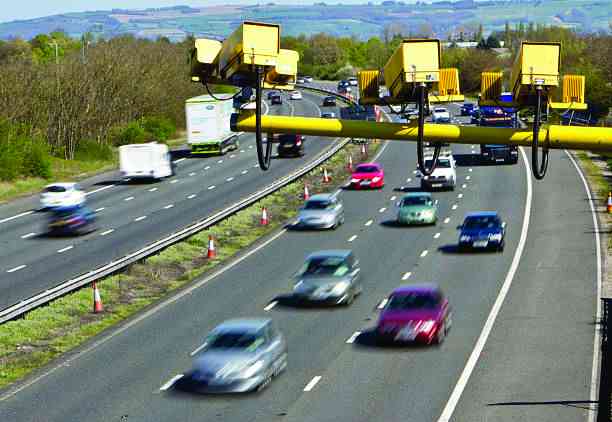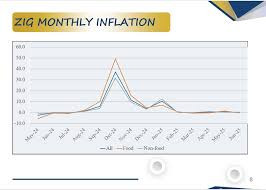
In the United Kingdom, traffic law enforcement has quietly undergone a revolution.
Gone are the days of routine police stops and roadblocks. In their place stands a quiet, unblinking force, traffic surveillance cameras and smart policing technology.
The results speak for themselves — safer roads, less corruption and a more efficient police service.
Back home in Zimbabwe, road policing remains a daily headache for motorists.
Countless complaints have been made about harassment, bribery and constant roadblocks.
The presence of uniformed officers with clipboards and spikes at every turn is not only an inconvenience but a reminder of how outdated our traffic enforcement model has become.
Yet, a better way is within reach and the United Kingdom offers a blueprint.
The UK relies heavily on speed cameras, red light cameras and Automatic Number Plate Recognition systems.
- National interest problematic: Zanu PF told to start own media houses
- Dorcas Moyo UK-bound
- Queen's doctors concerned for her health - palace
- Stanbic targets diaspora property investment
Keep Reading
These tools are mounted across roads and intersections and work silently around the clock.
When a motorist breaks the law, whether speeding, running a red light or driving an unregistered vehicle, the system automatically records the offence and links it to the vehicle owner.
Penalties are issued electronically, with no negotiation, no harassment and no bribes.
This technology-first approach has drastically reduced the presence of police on the roads, freeing them for more pressing duties such as responding to accidents or fighting crime.
Importantly, it has also eliminated the discretion that breeds corruption.
A camera does not care who you are, what party you belong to, or how persuasive your excuses may be.
Zimbabwe can and should adopt this model.
By installing surveillance cameras at major intersections in Harare, Bulawayo, Mutare and other urban centres, we can immediately begin to transform how traffic laws are enforced.
These systems could be linked with the Zimbabwe National Roads Administration, the Zimbabwe Revenue Authority, and the Central Vehicle Registry to track tax, licensing, and insurance compliance in real time.
We already have the mobile network infrastructure.
We already have computerised vehicle records.
What we need now is political will, proper investment and a clear national strategy.
The benefits would be substantial:
Fewer bribes and roadside confrontations.
Faster, evidence-based penalty systems.
More efficient policing.
Better data for traffic planning and accident prevention.
Renewed public confidence in the police.
Critically, smart enforcement shifts the focus from punishment to prevention.
UK authorities use camera data not just to fine motorists but to redesign dangerous roads, improve signage and plan infrastructure upgrades.
We too can begin using data to drive change, rather than spikes and bribes.
To be clear, this is not about replacing jobs.
Police officers will still play a key role, just not standing in the middle of the road all day.
They can respond to crashes, support emergency services and tackle serious road crimes such as vehicle smuggling and reckless driving.
For rural areas, where cameras might be impractical in the short term, a phased rollout could apply.
Urban areas can start immediately, followed by national expansion as capacity grows.
Let us move beyond slogans and task-forces.
Let us adopt tested, efficient and reliable models.
If the UK can run its traffic system with minimal roadside police presence, so can we.
The time has come to modernise our roads.
Not just for convenience, but for dignity, fairness and national progress.
It is achievable.
- Mutisi is the CEO of Hansole Investments (Pvt) Ltd. He is the current chairperson of Zimbabwe Information & Communication Technology, a division of Zimbabwe Institution of Engineers. — +263772 278 161 or [email protected]











